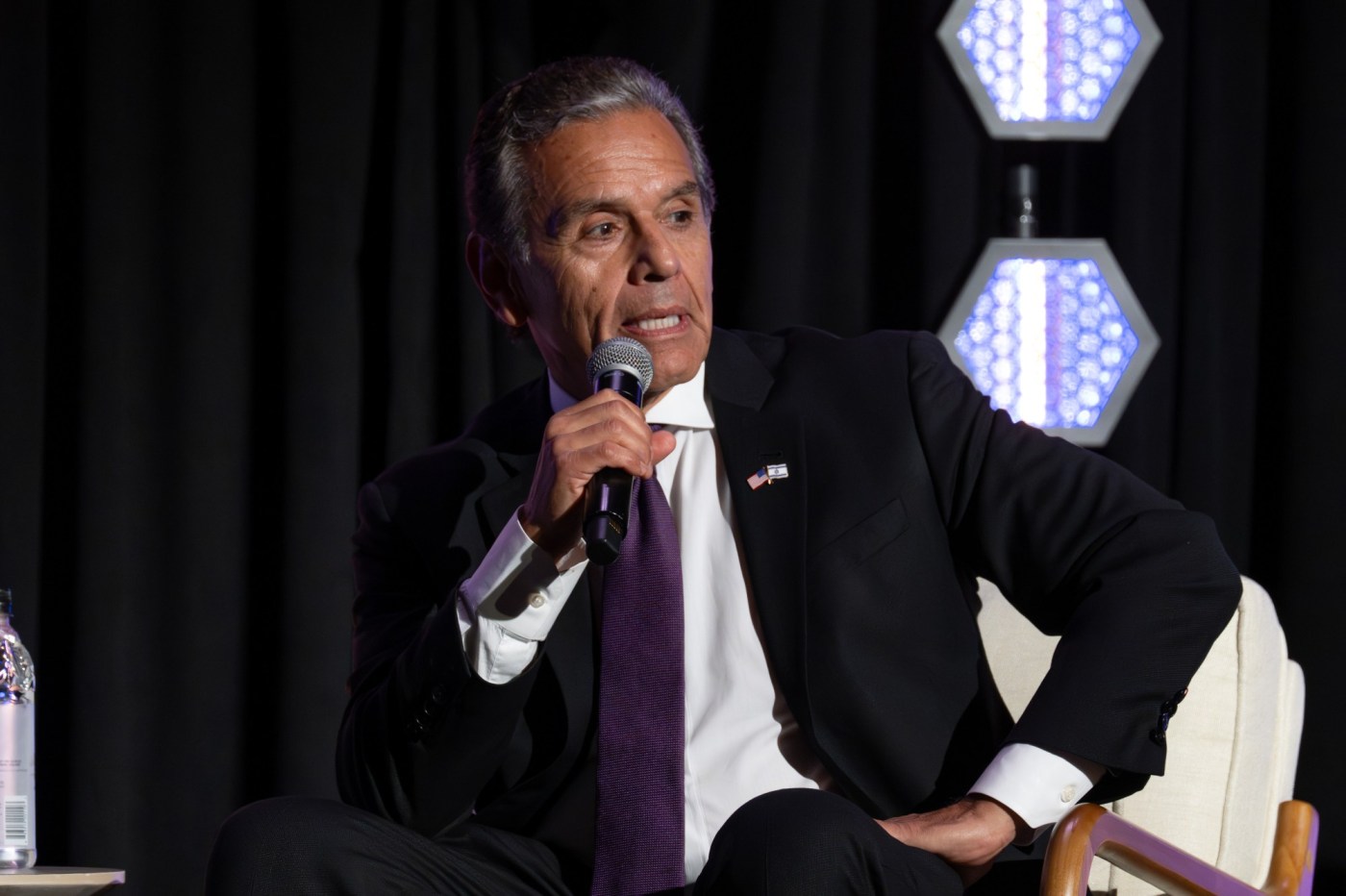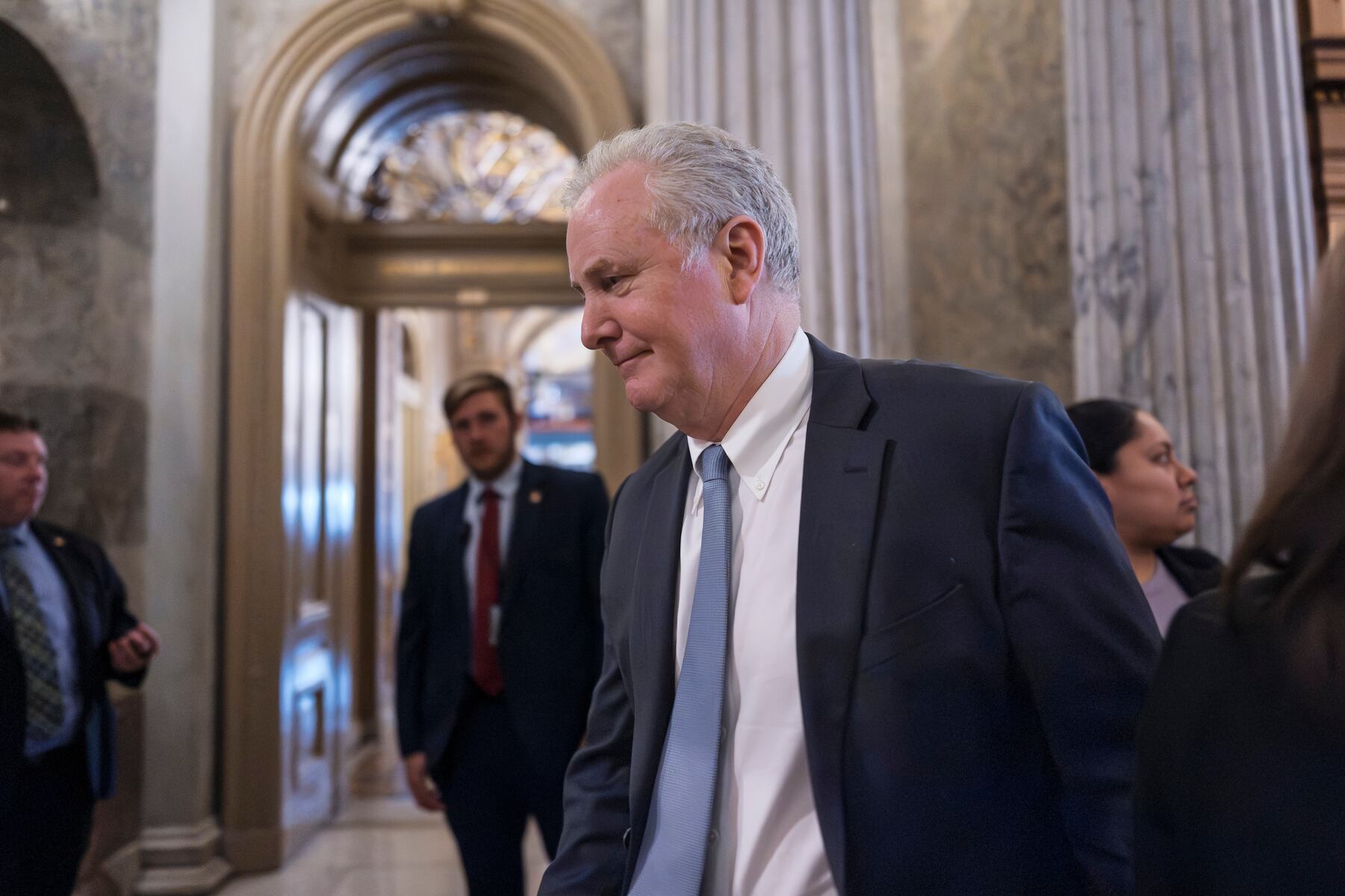
A federal court has ruled that Secretary of Homeland Security Kristi Noem unlawfully withheld nearly $34 million in anti-terrorism grants meant for the Metropolitan Transportation Authority (MTA) in New York City. The decision, rendered by Manhattan Federal Judge Lewis Kaplan, mandates the immediate reinstatement of these funds, which had been denied as a form of punishment for the city’s sanctuary policies.
In his ruling, Judge Kaplan emphasized that Congress did not authorize the Department of Homeland Security (DHS) to impose immigration-related conditions on the distribution of the Transit Security Grant Program funds. He stated, “To the contrary, Congress prohibited DHS from imposing such terms by requiring the selection of grant recipients to be ‘based solely on risk.’” The implication is clear: New York, as a high-risk target for terrorism, requires these funds to bolster its security measures.
This ruling is significant in the context of broader tensions between the federal government and cities that adopt sanctuary policies. It reflects an ongoing pattern of attempts by the Trump administration to tie federal funding to compliance with its immigration agenda. In this instance, Noem’s actions were described as a violation of established legal principles that protect the disbursement of congressionally allocated funds.
Legal Implications and Historical Context
Judge Kaplan’s decision draws upon historical precedents, including the tragic events of September 11, 2001. The judge reminded Noem that her agency was created in response to that devastating attack, underscoring the critical need for effective counterterrorism funding in urban environments like New York City.
This incident is not an isolated event; it mirrors previous efforts by the Trump administration to leverage federal funds for political ends. Notably, Trump had previously sought to cut approximately $187 million in separate grant funding for New York state, only to retract that decision following significant public outcry. These actions raise questions about the motivations behind funding decisions and highlight the potential dangers of politicizing essential security resources.
The implications of the ruling extend beyond the immediate restoration of funds. It underscores the necessity for federal officials to adhere to legal guidelines when allocating resources that directly impact public safety. The ruling also serves as a warning that continued attempts to manipulate federal funding for political gain could face legal challenges.
Public Safety and Future Concerns
As New York grapples with the realities of being a prominent target for terrorism, the reinstatement of these funds is crucial. The city’s public transit system, in particular, is recognized as a potential soft target, making security measures essential for the safety of millions of commuters.
The court’s ruling highlights a critical need for accountability among federal officials who may engage in unlawful actions that jeopardize public safety. Failing to impose tangible consequences for such behavior risks normalizing a pattern of disregard for established legal protocols.
As the legal landscape evolves, it remains to be seen how future administrations will approach funding and compliance issues. The stakes are high, not only for New York City but for urban areas across the country that rely on federal support to safeguard their communities.






